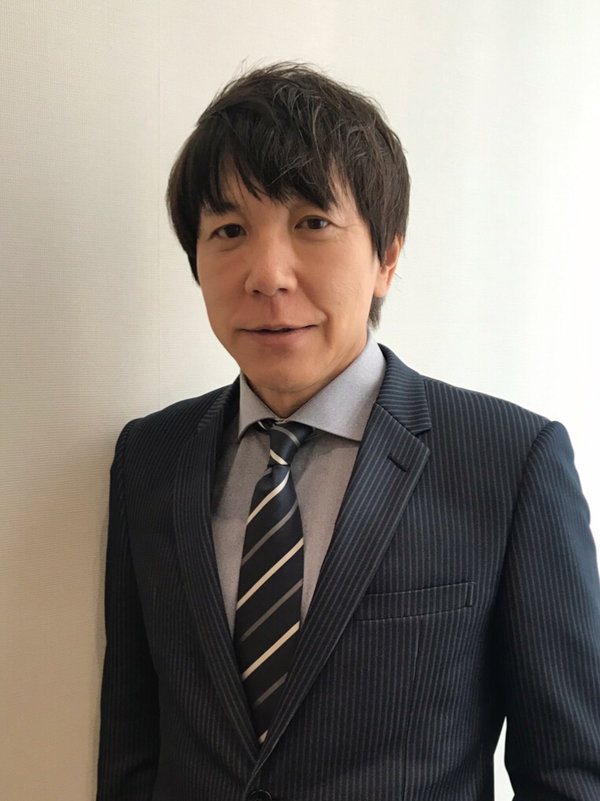Regional countries shocked at Japanese firms choosing Vietnam as investment destination: JETRO
Competition to attract FDI in Southeast Asia would be fiercer in the coming time.
The fact that half of 30 Japanese firms have chosen Vietnam as an alternative investment destination in Southeast Asia away from China has shocked regional countries, according to Takeo Nakajima, chief representative of the Japan External Trade Organization (JETRO) in Hanoi.
| Takeo Nakajima, chief representative of the Japan External Trade Organization (JETRO) in Hanoi. |
Japanese firms are looking to diversify their supply chains, but it does not mean to shift their entire production facilities from one country to another, Nakajima said at a press conference on July 23 as reported by VnExpress.
JETRO earlier this month released a list of 30 Japanese firms that are poised to receive subsidies from its government to move production facilities from China to Southeast Asian countries, of them 15 eye Vietnam as a favorite destination.
JETRO said the financial support would range from US$900,000 – US$46.5 million to partly cover the required expenses of Japanese firms in expanding operation.
Japanese firms are required to complete the construction of facilities before March 2025, and for those producing medical equipment before March 2023.
According to Nakajima, some companiesthat produce face masks, medical equipment or protective clothes prefer Vietnam as the country has many reputable and capable companies in the textile industry.
Meanwhile, one unique advantage that no other country other than Vietnam has is the large workforce with fluency in Japanese, Nakajima stated.
Nakajima also highly regarded the determination of the Vietnamese government in attracting investment from Japan, which partly offsets other shortcomings including the lack of transparency, inconsistent policies, among others.
Moreover, Vietnam also has an advantage of low production cost compared to other ASEAN countries such as Malaysia, Singapore or Thailand. However, Nakajima warned with growing labor wages and land rental fees, Vietnam could soon lose its advantage and should look for other competitive advantages.
Nakajima urged Vietnam to improve the localization rate and focus on the development of the supporting industries, especially as the competition for FDI in the Southeast Asia region is becoming fiercer.
This would pressurize Vietnam to improve its business environment, Nakajima stated.
The JETRO official expressed concern that the restriction in commercial flights between the two countries could affect investment activities from Japan.
The Japanese government earlier this year earmarked around US$2 billion in the fiscal year 2020 supplementary budget to create a subsidy program to encourage companies to move plants to Japan. Of that amount, US$219 million was set aside to promote the diversification of production sites from China to Southeast Asia.












